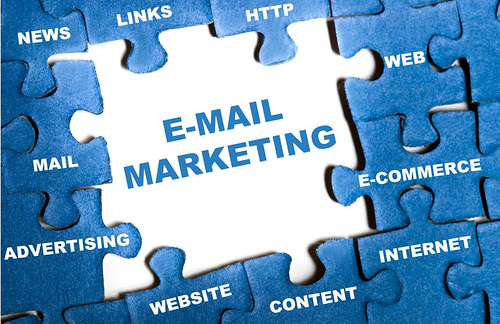
Last summer a friend who was about to launch a big venture asked me to give her a quick assessment of major social media channels.
I made this analogy: Twitter is like AM radio. Instagram is like FM radio. Facebook is like TV.
The news, views, noise and chatter that fill my Twitter timeline are similar to what I hear on AM radio. News, political talk, sports talk, intelligent commentary and idiotic commentary. It’s all there on the AM band and on Twitter.
On FM, most stations play music. There’s less talk, generally speaking. While AM has more information, FM has more entertainment. Instagram is a pleasant alternative to Twitter with its focus on the visual. Food, babies, dogs, cats, landscapes and other lighter fare rule. Yes, politics and commentary do appear on Instagram, but more of the posts in my feed are non-controversial.
Facebook is the big dog because so many people go there on a daily basis and because it is, for many, a better advertising venue than Twitter and Instagram. Facebook delivers the noise and chatter we find on Twitter and the AM radio band but also features
Additionally, Facebook has been more successful with its Facebook Live streaming video than Twitter has been with Periscope. The video aspect provides Facebook with TV’s key element.
Much of the news and other info delivered by traditional broadcast media (whether via over-the-air, cable, streaming or satellite) has been verified to some degree, whereas info shared on social may be rumor or hearsay. This fact explains why Twitter is often the best source for immediate news, though not necessarily for accuracy in those early tweets.
Whether these analogies are valid or are just the result of goofy thinking on my part, my main message to my friend was each social channel has its own characteristics. Content that has value on one may not necessarily work as well on another.
The best way to learn about social media channels is to use them.



